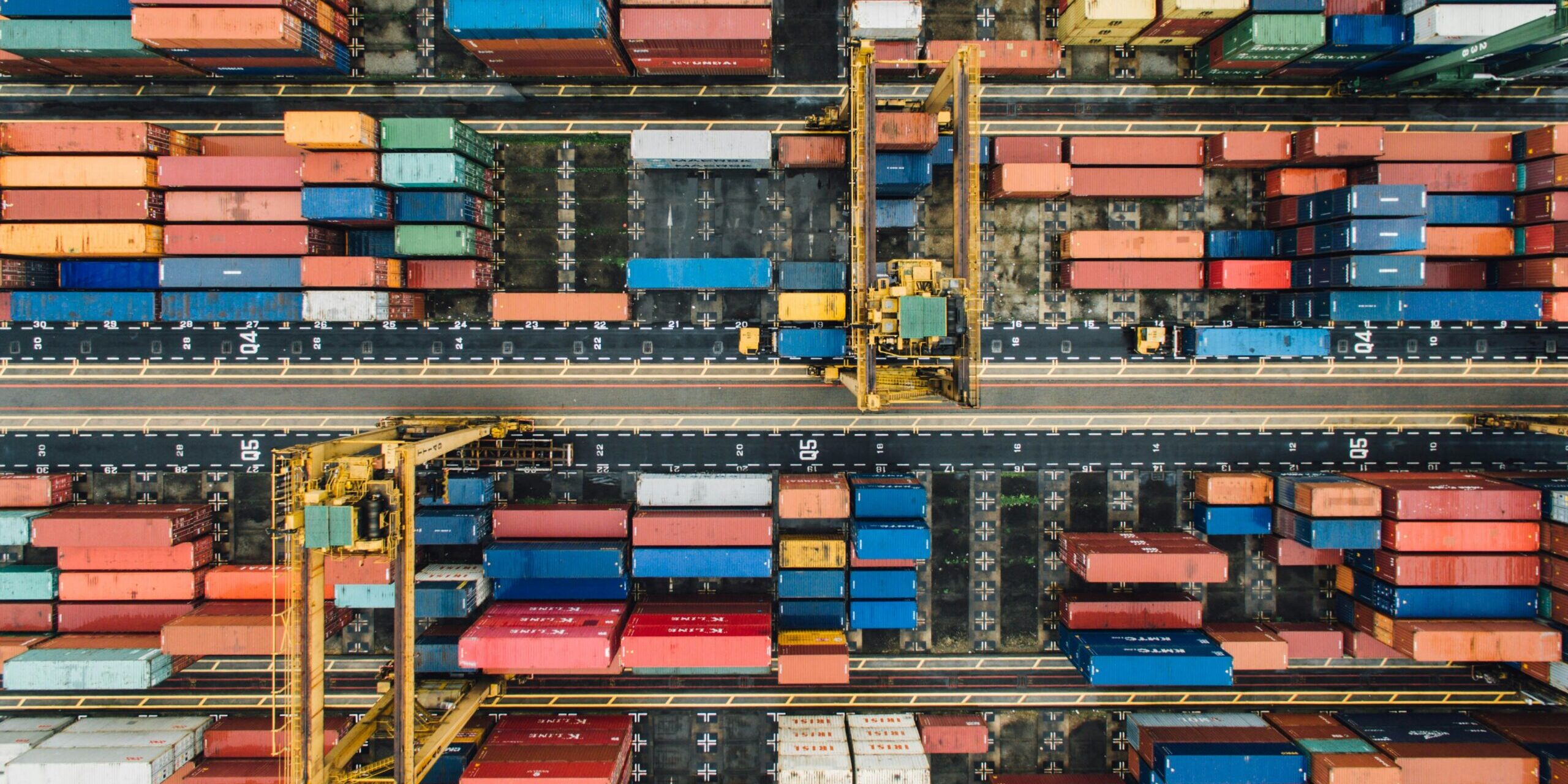In a bid to strengthen its logistics sector and enhance competitiveness, Vietnam is exploring measures to address challenges identified in the World Bank ratings and the 2023 Emerging Markets Logistics Index. Currently ranking 64th globally in logistics development and fourth in South-East Asia, Vietnam’s logistics costs, accounting for 16.8% to 17% of its GDP, exceed the global average of 10.6%, impacting the competitiveness of its goods.
Recognizing limitations in infrastructure, seaport planning, and transport connectivity, the chairman of the Vietnam Logistics Association, Le Duy Hiep, emphasized the need for incentives to empower logistics firms.
Despite rapid growth in the number of logistics businesses, the government is actively working to improve the investment environment, increase public spending, stimulate demand, and address challenges faced by manufacturers and exporters, according to Deputy Minister of Planning and Investment Tran Duy Dong.
Infrastructure development plays a pivotal role in this strategy, with Vietnam aiming to have 3,000km of highways by 2025 and 5,000km by 2030, alongside coastal roads, ports, and airports. Dong highlighted the necessity of synchronizing transport and logistics infrastructure to create effective transport corridors.
Addressing the industry’s legal framework, Dong acknowledged the need for specific policies and guidelines without overlaps, emphasizing the lack of centralised logistics areas connected to ports, airports, and production facilities as a significant hurdle.
Industry and Trade Minister Nguyen Hong Dien outlined plans to draft a logistics development strategy until 2035, coordinating efforts across agencies, local authorities, and businesses. The government aims to improve logistics infrastructure, review plans, and ensure synchronization with transport services to meet domestic needs and enhance international competitiveness.
As Vietnam aligns with global trends towards green logistics for sustainable development goals, these strategic initiatives aim to position the logistics sector as a key economic driver in the country’s growth trajectory.







